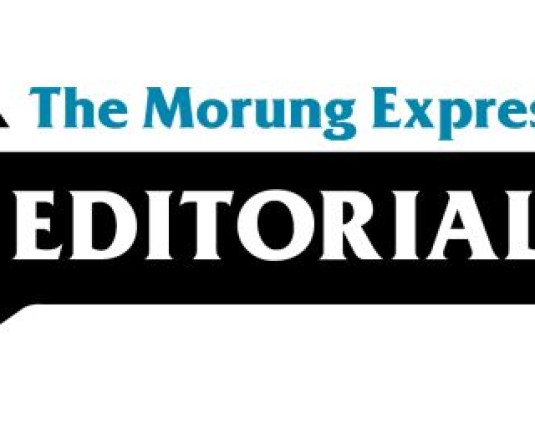
Moa Jamir
The Nagaland Legislative Assembly (NLA) is scheduled to convene for a special (Emergent) session on November 9, with the primary agenda reportedly being the Nagaland Municipal (Bill) 2023. The bill was introduced on the floor of the house on September 12 and later referred to a 7-member Select Committee led by Deputy Chief Minister TR Zeliang.
The timing of the upcoming assembly session holds significant importance, as the next hearing of the case in the Supreme Court regarding Nagaland’s failure to conduct urban local body (ULB) elections is scheduled for November 10.
Back in July, the Supreme Court granted the Nagaland Advocate General (AG) “one last of the last opportunities” to act in compliance with the constitutional scheme, following his “impassioned plea” that discussions on a new enactment in conformity with the same were in progress.
During the next hearing on September 26, the AG informed the Supreme Court that all 16 major tribes and 7 minor tribes had agreed to the concept of 1/3rd reservation for women, paving the way for the introduction of the Nagaland Municipal Bill 2023 in the State Assembly during a consultative meeting on September 1.
The AG further submitted that a Bill has been referred to the Select Committee and sought deferment of further hearing of the Civil Appeal concerning ULB elections in Nagaland after the first week of November 2023, expressing hope that the bill would be passed into law by then. Accordingly, the Court listed the matter for the next hearing on November 10.
With the deadline approaching, the Select Committee had a busy week, including a consultative meeting with three Naga apex bodies: Eastern Nagaland Peoples’ Organisation, Tenyimi Union Nagaland, and Central Nagaland Tribes Council on November 6 in Kohima. Following these meeting, Zeliang announced that the Select Committee would move forward with their amended recommendations, which included the omission of women’s reservation for the chairperson of the council and the taxing of land and property, among other changes. The Select Committee will submit these recommendations to the Assembly before the session on November 9, with the Assembly eventually passing the bill into an act.
While the sequence of events appears to point toward a favourable outcome, it is crucial to approach it with utmost caution, considering the historical context and precedents. For instance, following a consultative meeting with various tribal bodies and organizations on March 9, 2022, the State Government prematurely announced that the attendees had reached an agreement that ULB elections should be conducted in accordance with the 74th Amendment Act of the Indian Constitution, which includes a 33% reservation for women.
However, this purported ‘consensus’ encountered hurdles and resistance when the election process started, ultimately compelling the State Government to repeal the previous Nagaland Municipal Act of 2001 on March 28, 2023, citing “strong objections” by tribal bodies and civil society organisations.
Thus, the ongoing push and pull regarding the crucial constitutional mandate for women’s political empowerment at the grassroots level is likely to continue in both the Assembly and the public realm. Furthermore, if the bill is enacted without the provision for reserving the chairperson position for women as mandated, it could potentially lead to legal complications for the State Government. Government. With fear of Supreme Court reproach and financial concerns appearing to be primary driving forces behind the State Government’s actions on the issue, rather than a genuine commitment to empowerment, Nagaland finds itself in uncharted territory once again.
For any comment, drop a line or two to jamir.moa@gmail.com






